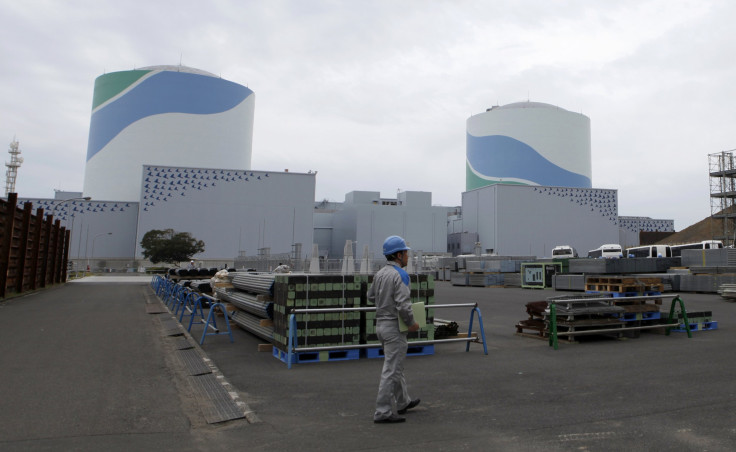Japanese Nuclear Reactors At Sendai Power Station Get Preliminary Approval To Restart

Japan’s Nuclear Regulation Authority Wednesday gave a preliminary approval to restart two reactors at a nuclear plant, in the first such move after tighter regulations were put in place following the Fukushima Dai-ichi power plant disaster in March 2011.
Regulatory authorities approved the design upgrades and improved safety measures for two reactors at Sendai Nuclear Power Station of the Kyushu Electric Power Co., after they incorporated changes introduced last July, according to Associated Press, or AP. The regulators declared two of the plant's 19 reactors capable of avoiding accidents like those seen in Fukushima after the plant was damaged by a tsunami in March 2011.
“Previously, safety inspections were merely design-based, but this time we focused on how to prevent severe accidents," Shunichi Tanaka, the authority’s chairman, told a weekly commissioner’s meeting, according to AP.
The five regulators, involved in the process of approving the reactors at the Sendai power station also agreed to move the project to the next stage of approvals, beginning with a 30-day technical public comment period until Aug. 30, when a final decision is expected to be made.
“Nuclear reactor restarts in Japan have been viewed as a vital catalyst for uranium prices,” Rob Chang, an analyst at Cantor Fitzgerald in Toronto, said in a note on Tuesday, according to Bloomberg, adding: “The restart is much needed as Japan deals with its first summer without any nuclear power in 40 years.”
Prime Minister Shinzo Abe is working to restart some of the country's 48 nuclear power plants that have been shut since the disaster. And while Tanaka called it a “major step” for the country's nuclear power industry, the regulators' meeting and its decision were met with protests.
The Sendai plant, located about 600 miles southwest of Tokyo at the tip of Kyushu island, will go through on-site checks and will need the local government's approval before it can begin operations. Screening for preliminary approvals will begin on the rest of the plant's 17 reactors.
With the latest approvals, Japan is turning its back on the previous government's decision to phase out nuclear power, adopted after the Fukushima disaster, the world's biggest since the Chernobyl incident in Soviet Russia in 1986.
An earthquake on Honshu Island in central Japan, which triggered a major tsunami in the region, led to three of the six reactors at Fukushima to melt down, leaking substantial amounts of radioactive material. Since the disaster, Japan, assisted by international groups, has worked to minimize the fallout and to bring in stricter safety measures to avoid future disasters.
© Copyright IBTimes 2025. All rights reserved.






















